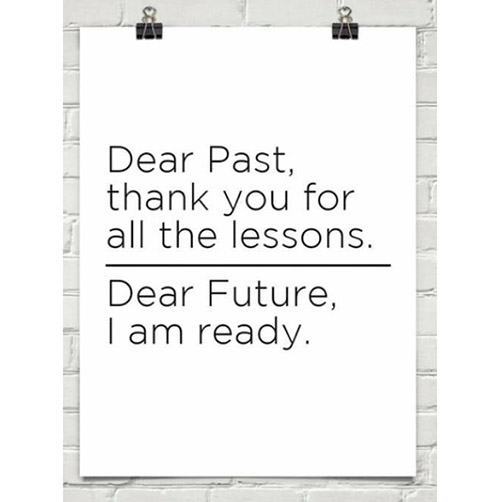
Parashat Shoftim
The two perakim from which this week’s haftarah is taken, chapters 51 and 52 of sefer Yishayahu, continue the overarching theme of consolation that fills the final 27 chapters of the book. Interestingly, however, the navi approaches that theme in two different ways, sharing with the grieving nation two reasons to be comforted after their tragic loss. The opening part of our haftarah returns to the idea initially expressed in the first haftarah of consolation: that Israel can be assured that her suffering is at an end, for God has punished her fully for her sins. After describing the nation’s suffering as unprecedented, and therefore, comfort seemingly impossible, Yishayahu reminds them that, “Anochi, Anochi Hu menachemchem,” that it is Hashem Himself, the very One who punished them, Who will be consoling them. Accordingly, the prophet goes on to remind them of God’s wonders and miracles, about His limitless power, and therefore His ability to console and comfort—an ability that only He has.
The second perek strikes a different mood entirely. Here, Yishayahu calls to the city of Yerushalayim to “awaken” (“uri, uri”) and “shake off the dust” (“hitna’ari me’afar”), to cease mourning and regret and, in effect, to become a “partner” with God in the redemptive process. The nation should no longer be a passive entity that simply awaits redemption. Rather, she must show her confidence in God’s promises and “shake off the dust” of mourning, “awakening” to a new day and preparing for her future.
In commenting on the transition of the navi’s visions from galut to geula, the Ibn Ezra insists that the prophetic message of the navi also transitions from addressing the immediate post-churban community to one meant to address future generations. The second nevuah is meant to be more than consolation from the catastrophic loss, consolation that was so necessary for the churban generation, but also a comforting message directed for those living in the distant future, people for whom the destruction of the Temple would be a memory passed down to them but who, suffering in their own time, would be thirsting for hope and for a reason to go forward.
This approach of the Ibn Ezra helps us to understand one of the “secrets” that Yishayahu left for the Jewish nation on how to survive the long years in the Diaspora and yet to retain our identity as a separate and unique nation. After all, we stand today as a people that speaks the same language that it spoke 3,500 years ago, practices the same religion that it did then and lives in the same land as well. How is it that we managed such a thing after being exiled from our land when never in all of history did any people ever survive being exiled? Yishayahu tells us why in this haftarah.
For a nation to endure a prolonged exile and yet to retain its identity, it must exist in different eras simultaneously. It must live in the present while remembering the past and dreaming of its future. Yet, a people who are frozen by their past and not inspired by it or one that looks to the future while ignoring the past, such a nation cannot long survive.
Yishayahu called to past generations to believe in Hashem’s promises and to use them as inspiration and hope for the future. Certainly, a generation who has seen the prophecies of Yishayahu come to pass—prophecies that teach: “And desolate cities will be settled” (Ch. 54) and “Your destroyed cities will yet be too small to contain its inhabitants” (Ch. 49) or “Your children shall return from faraway lands” (Ch. 60)—from such a generation Hashem has the rightful expectation that they believe what they see each day with their own eyes and to praise Him for it!
It is this reality that we must think of when the reader pronounces the post-haftarah blessings and says: “Ham’daber um’kayem-shkol d’varav emet vatzedek”—Hashem keeps His word for all of His promises are true and just!
And we are the first generation who declare this not as believers alone—but as witnesses.
Rabbi Neil Winkler is the rabbi emeritus of the Young Israel of Fort Lee and now lives in Israel.









